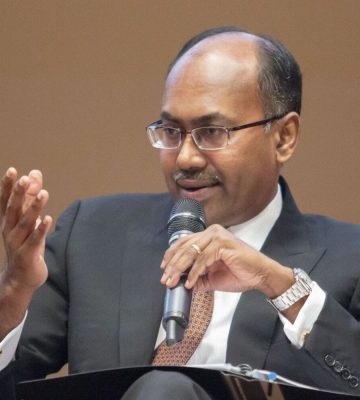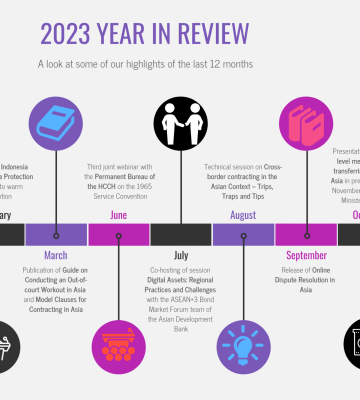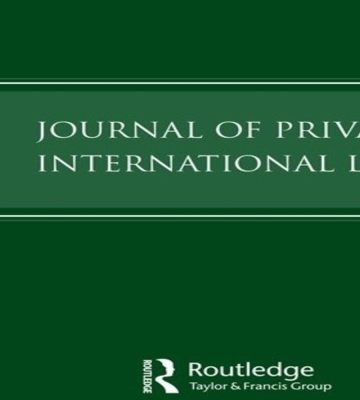During the fourth session in the “Conversations with the Community” series organised by the Singapore Courts on 27 March 2024, Justice Kannan Ramesh of the Supreme Court of Singapore delivered his opening address titled “Healing Businesses in a New World: Problems, Opportunities and Solutions”.
In his address, Justice Ramesh stressed the importance of developing a robust restructuring and insolvency (R&I) regime that is fit for purpose by outlining two main global challenges. One is the increasing fragmentation and polarisation of the world, which has “immeasurably increased the risk of conducting business”, with possible negative impact on a business’s profit, cashflow and balance sheet. The other is the heightened focus on environmental, social and governance (ESG) concerns which may be one of the reasons pushing businesses to restructure.
The address then offered a thesis on how an R&I regime may assist businesses in navigating these challenges. In doing so, it briefly surveyed the two primary R&I models operating today, i.e., a creditor-driven regime and a debtor-in-possession regime, outlining both their advantages and drawbacks.
Based on this brief survey, Justice Ramesh explained the philosophy behind Singapore’s R&I regime, including the key reforms made in 2017 and the thinking behind those reforms, and offered six points for consideration to help the current regime remain fit-for-purpose going forward. Those considerations are: the need to move away from the perception that business failures are necessarily tied to wrongdoing or poor management; the need to develop a strong debt trading market to expand the pool of rescue financing; the need to place greater emphasis on out-of-court workouts and turnarounds as rehabilitative options; the need to give more attention to the intersection between climate change and restructuring; the need to encourage a confluence of philosophy (with the Judicial Insolvency Network Guidelines being one fine example) as one way to address issues of jurisdictional arbitrage, and the importance of having a holistic ecosystem (which has “a robust legal system and rule of law framework, a strong judiciary, a vibrant financial market, a pool of excellent legal and allied professionals and a cost-competitive infrastructure”) to achieve good restructuring solutions.
The full text of the opening address is available here.
In advocating greater use of out-of-court workouts and turnarounds as rehabilitative options, the opening address cited the Guide on Conducting an Out-of-Court Workout in Asia published by the ABLI and the International Insolvency Institute (III) in 2023 as one of the resources that may assist businesses and professionals in their workout journey. The Workout Guide, produced under a joint project between ABLI and III, is available for free download here.






![[Recap] Cross-border Insolvency in Japan and [Recap] Cross-border Insolvency in Japan and](https://abli.asia/wp-content/uploads/elementor/thumbs/Recap-Cross-border-Insolvency-in-Japan-and-r7740wvemclsgiun3j6za0d5ltfks4zus0c73t7ms4.png)